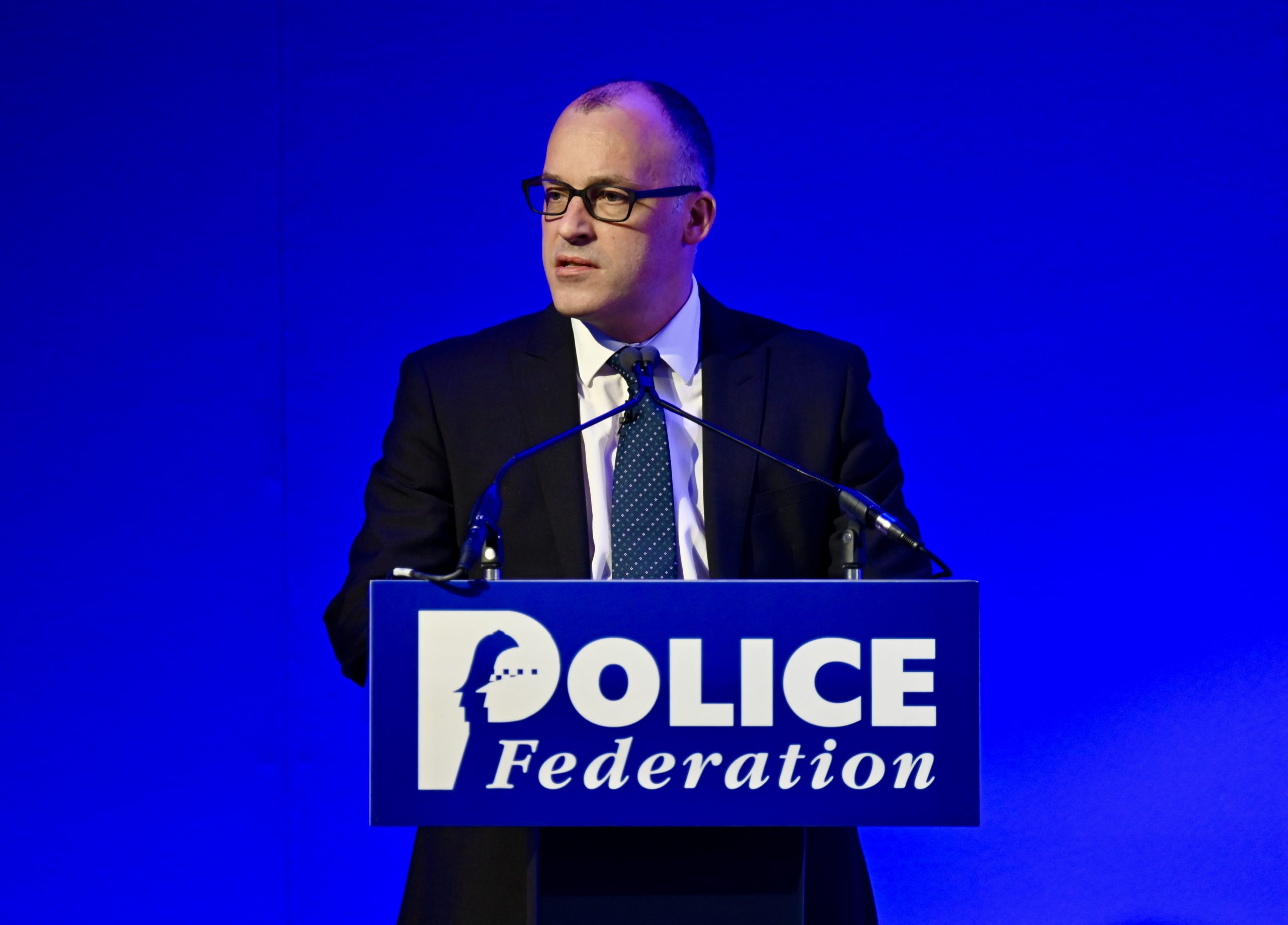‘Time For Fairness On Police Pay’
Policing risks becoming an unaffordable profession for officers as the cost of living goes up and officer pay and conditions continue to stagnate.
National Secretary John Partington told the 2025 PFEW conference that potential recruits risk being priced out of the job because pay and conditions are so inadequate for the role that officers carry out.
He also said that equal percentage pay rises are unfair as higher ranks end up taking home more than those on the front line because of their higher baseline salary. He said lower earners – who spend almost their entire income on essential costs – need higher awards to maintain real terms pay.
He said: “A superintendent and a constable face the same inflation, but not the same pressure. Identical percentages create inequality.”
He suggested that lower earners should get higher percentage pay rises to redress this balance.
John said: “Equal percentage pay awards might look fair on paper, but they’re not fair in practice. When everyone gets the same percentage rise, those on higher salaries keep far more of their income after the bills are paid, while those on the frontline see their disposable income vanish.
“Federated rank members today spend almost everything they earn just on living. Housing, energy, and fuel have risen far faster than pay, and what used to be a modest but secure income has become a financial struggle. Simple research for credible sources will show how rent has risen more than police pay.
“This isn’t about generosity – it’s about fairness. A superintendent and a constable face the same inflation, but not the same pressure. Identical percentages create real-terms inequality, not parity. Without correction policing risks becoming unaffordable to those who deliver it.
“That’s why the next pay settlement must recognise this truth: lower earners deserve a higher pay award. Because pay that protects buying power is what keeps people in the job, keeps policing professional, and keeps faith with those who hold the line every day.”
John explained that police conditions should also be improved – to mandate sufficient rest, recovery and resilience because of the unique demands of the job.
He told delegates: “This job affects your mental health, your family life, and your personal wellbeing like few others.
“The risk of assault, the threat of injury, the emotional toll, all of these are part of policing today. And they must be met not just with decent wages, but with conditions that support rest, recovery, and resilience.”
He also highlighted the urgent need to reform police recruitment, calling for mandatory psychological and psychometric testing for every applicant and throughout initial training.
He said: “This is about safeguarding the integrity of policing. Resilience, empathy and moral strength cannot be assumed – they must be tested and proven.”







